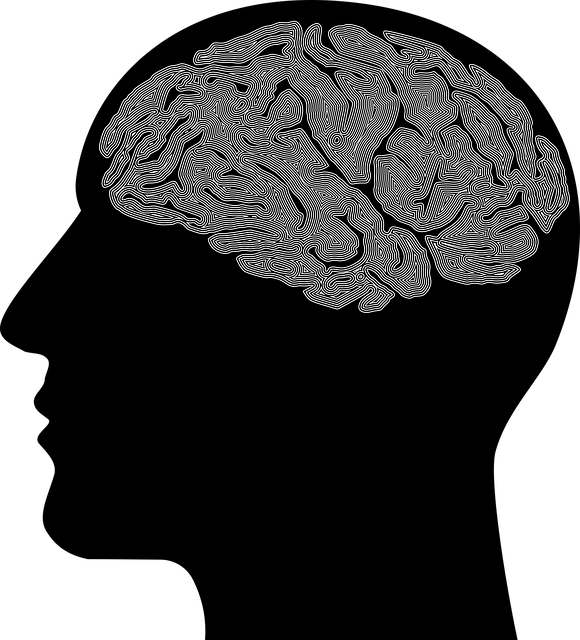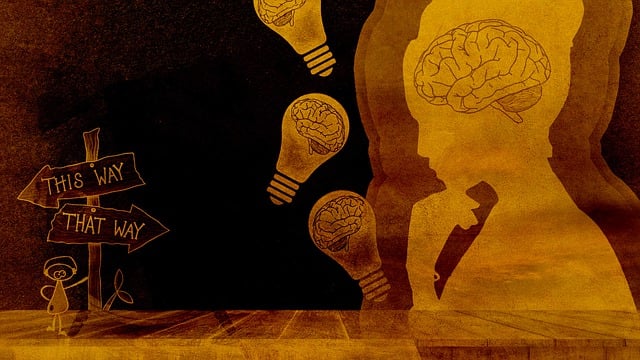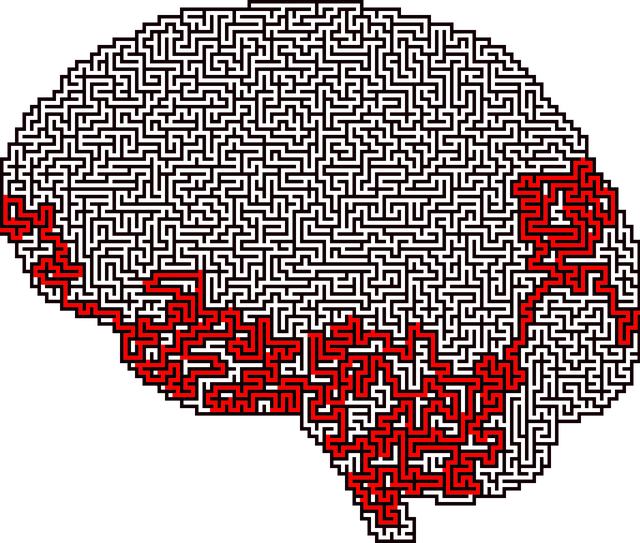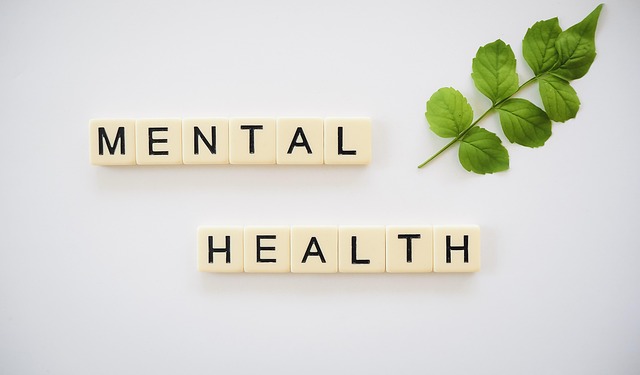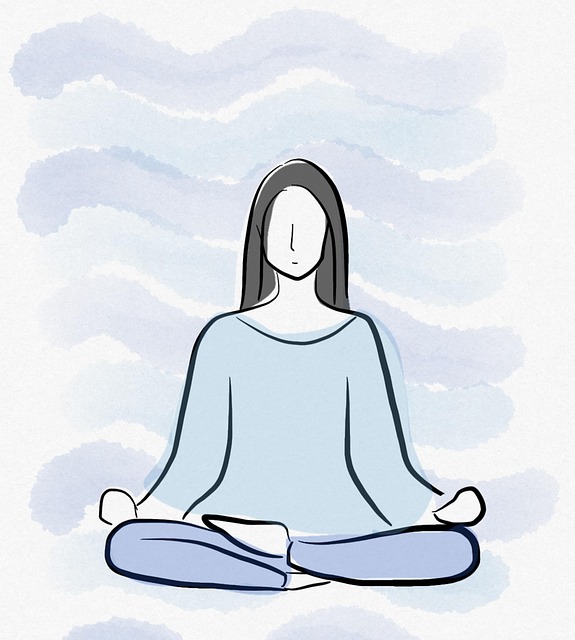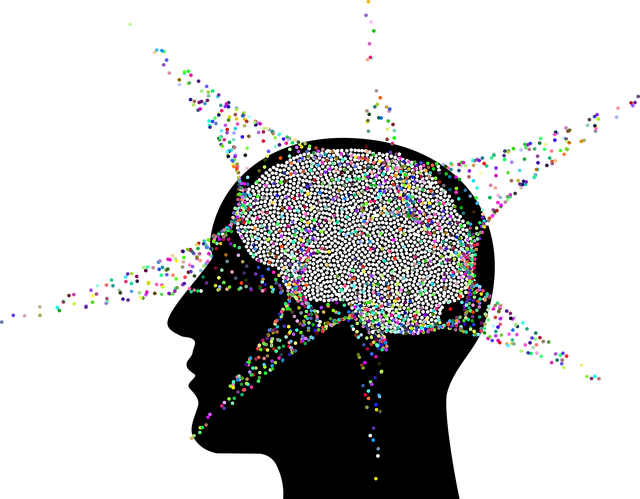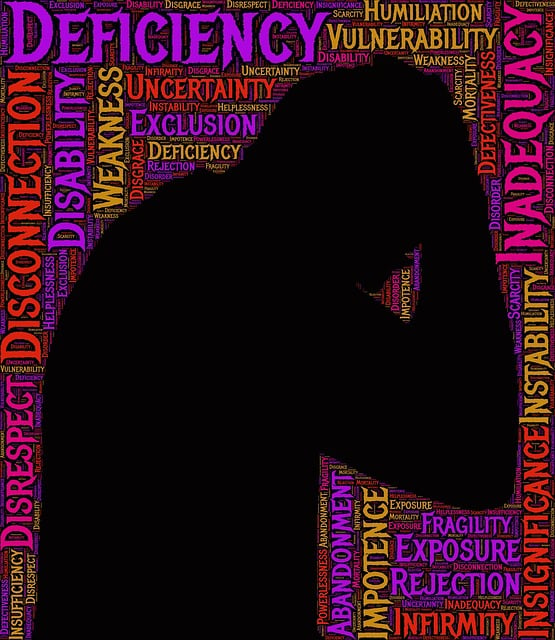Navigating a complex emotional landscape, Wheat Ridge Trauma Therapy guides individuals in understanding their unique mental wellness needs, addressing past traumas through techniques like EMDR and emphasizing cultural sensitivity. Building a robust self-care routine involves identifying triggers, practicing mindfulness (e.g., meditation, journaling), regular exercise, and seeking support from coaching programs. Consistency is key; dedicated time for activities like Mindfulness Meditation and conflict resolution fosters resilience, stress management, and mental fortitude.
“Unwind, reconnect, and prioritize your mental wellness with this comprehensive guide. Discover the power of self-care routines tailored to your unique needs in a world that constantly demands our attention. This article navigates the essential aspects of fostering mental well-being, offering insights on understanding your triggers and incorporating effective practices. From building foundational habits to integrating trauma-informed strategies, we explore techniques to enhance resilience. Learn how Wheat Ridge Trauma Therapy’s approach can help establish consistency, accountability, and long-lasting positive change for a healthier you.”
- Understanding Your Mental Wellness Needs
- Building Blocks of a Self-Care Routine
- Integrating Trauma-Informed Practices
- Establishing Consistency and Accountability
Understanding Your Mental Wellness Needs

Understanding your mental wellness needs is a crucial step in developing an effective self-care routine. It’s like navigating a labyrinth—you must recognize the unique twists and turns that best support your well-being. Every individual has different requirements, shaped by their experiences, emotions, and challenges. For some, it might involve cultivating positive thinking through mindfulness practices or engaging in creative outlets to boost mood. Others may require conflict resolution techniques to navigate relationships and reduce stress.
In the context of Wheat Ridge Trauma Therapy, recognizing these needs becomes even more critical. Past traumas can significantly impact an individual’s mental wellness landscape. Therapists play a vital role in helping clients uncover and understand their specific triggers, fears, and coping mechanisms. By addressing these underlying issues, individuals can begin to build a self-care routine tailored to their unique mental wellness journey, fostering resilience and prevention strategies for depression, among other challenges.
Building Blocks of a Self-Care Routine

Building a solid self-care routine is an act of self-love and healing, especially for those navigating mental wellness challenges. At Wheat Ridge Trauma Therapy, we emphasize that this journey begins with understanding your unique needs. Self-awareness exercises play a pivotal role in recognizing triggers, emotions, and patterns that influence your overall well-being. Through introspection, you can identify what brings you joy, peace, or a sense of calm—essential elements for any self-care plan.
The development of a meaningful routine involves incorporating activities that nourish your mind, body, and spirit. This could include regular exercise, whether it’s a gentle walk in nature or a yoga practice tailored to reduce stress. Mindfulness practices such as meditation or journaling can also be powerful tools. Additionally, seeking support from Mental Wellness Coaching Programs can offer guidance on creating a balanced routine, especially when addressing past traumas with the help of Trauma Support Services.
Integrating Trauma-Informed Practices

Developing a mental wellness self-care routine involves integrating practices that address past traumas, which significantly impact current well-being. Wheat Ridge Trauma Therapy emphasizes the importance of trauma-informed care, recognizing that traumatic experiences can cause long-lasting effects on emotions and behaviors. By incorporating techniques such as eye movement desensitization and reprocessing (EMDR), clients can process and heal from these experiences, fostering a deeper sense of safety and resilience.
Cultural sensitivity in mental healthcare is also crucial when implementing trauma-informed practices. Understanding and respecting individual cultural backgrounds, beliefs, and expressions of pain helps create a more inclusive and effective therapeutic environment. This approach not only enhances the healing process but also encourages positive thinking and healthy coping mechanisms, ultimately supporting individuals on their journey towards holistic mental wellness.
Establishing Consistency and Accountability

Establishing a consistent mental wellness self-care routine is a transformative step towards better health and resilience. It’s akin to nurturing a garden; daily attention and care are necessary for its growth. At Wheat Ridge Trauma Therapy, we emphasize the importance of consistency in creating lasting positive change. By dedicating specific time slots for activities like Mindfulness Meditation or engaging in Conflict Resolution Techniques, you cultivate a sense of routine that fosters mental fortitude.
This accountability is crucial in managing stress and preventing burnout. Regular participation in Stress Management Workshops organized by like-minded communities or organizations can provide additional support. These structured practices not only help in developing healthy coping mechanisms but also serve as a reliable network for encouragement and motivation. Embrace the journey of self-care, where each day becomes an opportunity to nurture your mental wellness and cultivate resilience.
Developing a personalized mental wellness self-care routine, guided by principles from Wheat Ridge Trauma Therapy, is a transformative journey. By understanding your unique needs, building blocks of self-care, integrating trauma-informed practices, and establishing consistency, you can enhance overall well-being. Remember, small consistent actions lead to significant changes over time. Embrace this process as a way to navigate life’s challenges with resilience and create a symphony of mental wellness.
